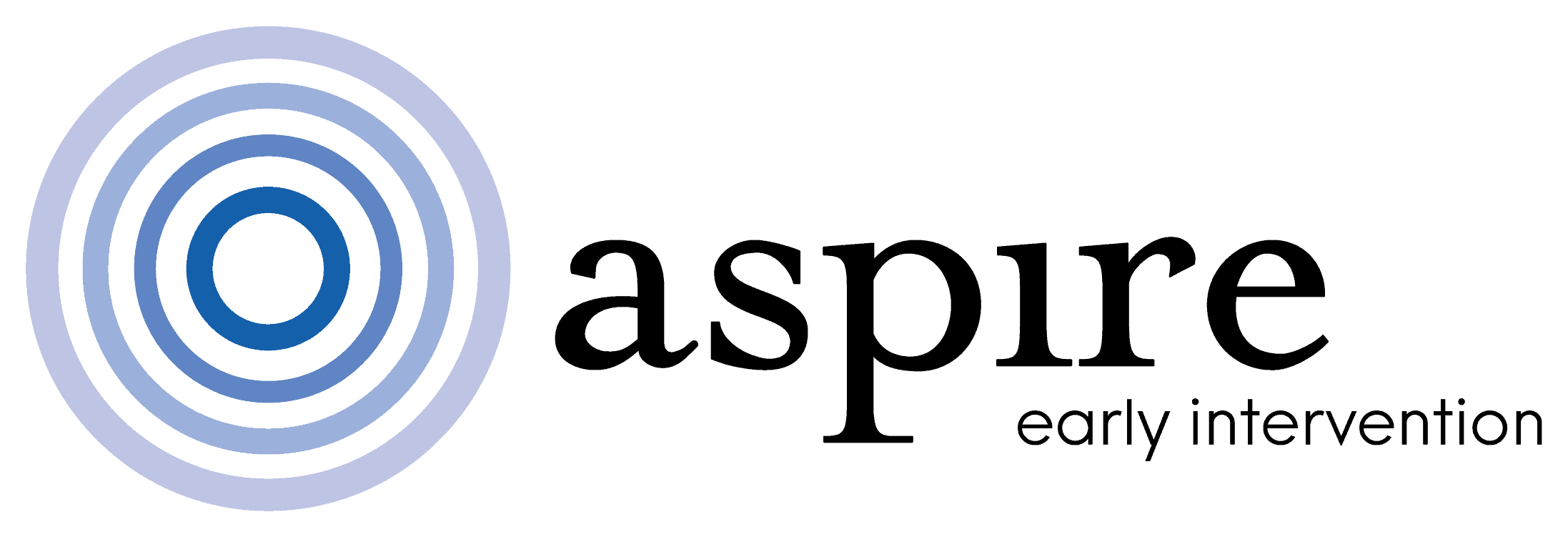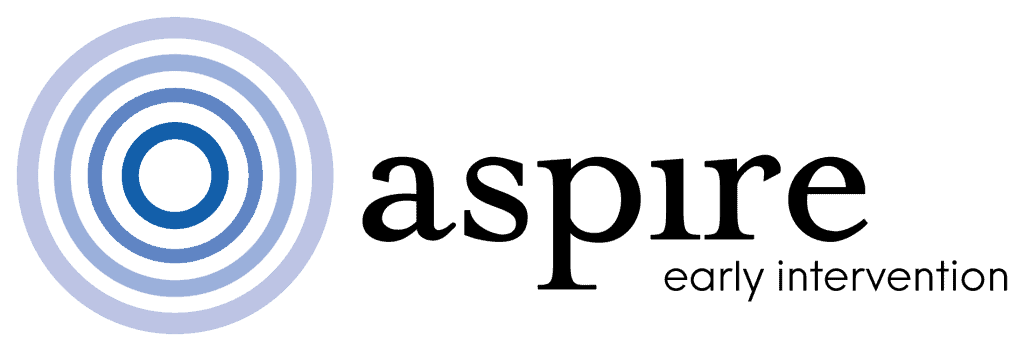Aspire Sydney
Unlock your child’s full learning potential
Sydney Locations
Sydney
St Leonards
Liverpool
About Aspire
Aspire Early Intervention is a leading provider of Autism Therapy in Sydney. We’re passionate about early intervention, which is why we provide programs like First Steps and EIBI.
Our mission goes beyond addressing learning difficulties—we’re here to empower families to support their child’s educational journey.
We design our programs, workshops, and training around the Early Start Denver Model (ESDM) and Early Intensive Behaviour Intervention (EIBI) techniques.
We proudly work with children from infancy to adolescence who face various learning challenges, including autism spectrum disorder, global developmental delay, Down syndrome, cerebral palsy, and attention deficit disorders.

Our Services
Let's choose the package that is best for you and explore it happily and cheerfully.
Early Intervention Program
Early Behaviour Intervention (EBI) Programs
Speech Pathology
& Consultancy
All of our services can be funded via NDIS. See if you’re eligible.
Frequently Asked Questions
Our programs, workshops and training are based on the Early Start Denver Model (ESDM) and Early Intensive Behaviour Intervention (EIBI) techniques.
We’re happy to connect you with Aspire families who have just started, are completing or have completed our programs. Many children we work with transition to mainstream education and test within the normal range on the Autism Diagnostic Observations Schedule and all other language and IQ testing.
We can also connect you with parents of children with similar diagnoses or you can review our family stories.
To access NDIS funding for our services, you must meet one of the three criteria below:
- Have a recognised diagnosis and live in an NDIS area.
- Have a delay in two or more areas (skill, speech/language/communication, motor, play and social).
- Display behaviours that are impeding development in two or more of those areas.
There are two ways to access NDIS funding, depending on your child’s age. If your child is over seven, funding is available via the NDIS pathway. If your child is aged zero to seven, you access funding through the Early Childhood Early Intervention (ECEI) pathway. NDIS eligibility is determined by your child’s diagnosis based on reduced functional capacity in one or more of the following areas:
- Communication
- Motor skills
- Social interaction
- Learning
- Self-care
- Self-management
However, a diagnosis of autism at any level will likely meet NDIS funding criteria.
Medicare and private health insurance also cover some or all associated treatment costs for services, such as occupational therapy, speech therapy, physical therapy and psychological services. Please check with your providers for more information.
You may also choose to privately fund your services if that’s an option for your family.
The programs we provide encompass all areas of development and can be implemented for children with any impairment or delay.
While most Early Intervention research focuses on autism, our programs are designed for children with a range of special needs, including global developmental delay, Down syndrome, attention deficit and/or hyperactivity disorder and Williams syndrome.
Our areas of focus:
- Language skill-building based on the Verbal Behaviour Framework
- Fine and gross motor skill building, and muscle strength training, if necessary
- Play skill building, including toy play and functional pretend play
- Social skill building from basic greetings to complex social skills, such as holding a conversation
- Attending skills, such as social referencing, following a parent’s instruction or the ability to complete tasks independently
- Development of Theory of Mind skills
- Teaching Executive Functioning Skills, including flexible thinking and problem solving
- Reducing inappropriate behaviours using ABA techniques, including extinction and functional communication
While each program is designed to suit your child’s individual needs, a typical early learner program should include skill-building in pivotal response areas, such as:
- Imitation
- Joint attention
- Object permanence
- Toy play and manipulation
- Social referencing/eye contact
- Attending skills
- Responding to and categorising visual, vocal and auditory stimuli
- Matching skills
- Manding using voice, Picture Exchange Communication System or sign language
- Fine motor skills, such as a pincer grasp and finger isolation
- Gross motor skills, including jumping, hopping and ball skills
- Self-help skills, such as grooming and toileting
While our area of expertise is early intervention, we cater for children aged 6 months to 18 years old.
With the right support, outcomes are usually better when children start early intervention at a young age. This is because they have fewer skills to master in order to catch up to their peers.
Do you have more questions?
Browse our full list of frequently asked questions by clicking above or feel free to reach out to our team for more information below.


